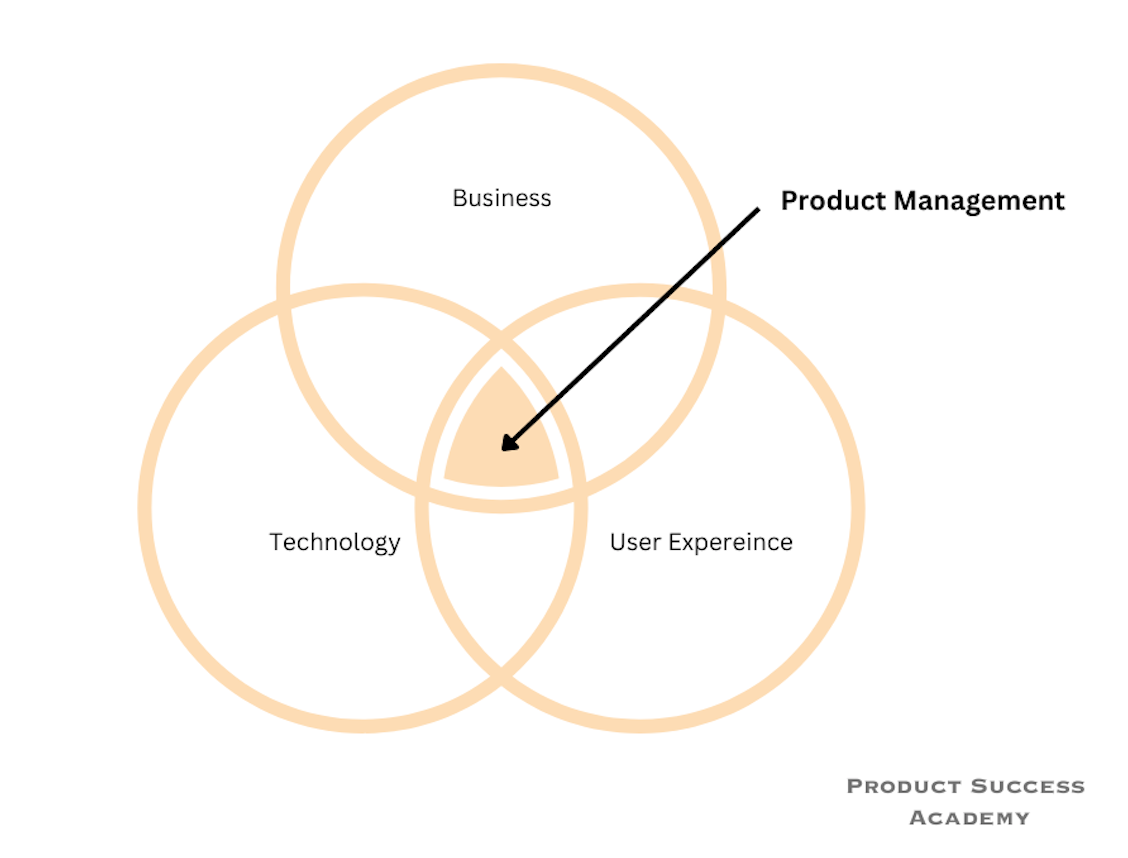Most Product Manager job postings require at least 5 years of experience. That fact alone can be pretty demotivating for those looking to start out their careers in Product Management, however, fear not! I’m here to tell you that there is a concrete path into landing your first Product Management role, even if you have 0 years of experience in the field.
The Traditional Route
The thing with Product Management is that, there aren’t yet many colleges or universities offering degrees in Product Management. If you want to be a software engineer, or work in finance, or become an architect, the path is pretty simple. Get a college degree in the said field, and then apply for jobs.
With Product Management, there are less options in the traditional college degree path, however you can still try and gain as much formal education in that field as currently possible or available. These days, online course platforms like Udemy, Coursera etc are filled with quality courses on Product Management taught by professionals who have worked in Product Management at the biggest tech firms like Google, Apple etc, but then there are also Product Management academies like Reforge or Product School that teach in-depth courses on Product Management. Both are good options if you are a complete newbie and want to get a crash course in the field.
Another option is to get certified or training in some of the key areas that are required of all good Product Managers. Product Management is often seen as the intersection between Business, User Experience (UX) Design and Technology and so, one option is to specialize in any of those.

If Business is the area that interests you the most, consider doing an MBA. If you’re more interested in User Experience and Design, then consider taking an online course in that field. If your interest lies in technology on the other hand, I wouldn’t necessarily encourage you to study software engineering or learning how to code. Writing code yourself is never a part of the Product Manager role, though understanding basic concepts around software development (ie understanding how databases work, what an API is etc) are important and courses like Cole Mercer’s Technology for Product Managers could really help. A Scrum certification could also be really handy – it’ll teach you about the software development lifecycle and the different roles and responsibilities of different team members.
Once you have gained enough theoretical knowledge, you should be ready to apply to entry level roles like internships or Associate Product Manager or Product Analyst roles.
The Internal Transfer Route
However, doing courses and certifications in the above doesn’t guarantee that you’ll be able to get your foot in the door. My personal favorite way to do that is to.. already have your foot in the door. By that I mean, transitioning into a Product Manager role within your company. This is much easier to do since your employer already knows your skill level, capabilities, your capacity to learn and how hard you work. It can also be less of a risk for the company to fill a vacancy internally, since they already know your working style and cultural fit within their company and hiring internally will also save them a ton of time and resources that they would otherwise spend in the recruitment process. Companies are therefore highly incentivized to fill vacancies internally, so all you have to do is show them your willingness to move into a different role. In my experience. In my experience, we once transitioned a QA Engineer into a Product Management role when we were growing our Product Management team. The QA already knew our Product inside out, so onboarding was much easier and we were also able to help advance the career ambitions of one of our team members.
This is also how I fell into the field of Product Management. I started out as Content Manager at a 3 person startup in 2012 and while managing said content, I started to make recommendations for improving our website and customer experience to my manager. That led to me becoming more and more involved in the software development process as my manager gave me the responsibility to design and build new features with our development team. Little did I know, my responsibilities were morphing from Content Management to Product Management and eventually, my title was officially changed. This is why I tell everyone that I entered Product Management ‘accidentally’, though I can say with hindsight that it was an accident I’m happy to have had!
The ‘Skill-Based’ Career Change
A little bit different, but still fundamentally similar to the internal transfer route, is the ‘skill based’ career change.
Product Managers need to wear many hats and to do this, experience in fields like Marketing, Merchandising, Sales or even Customer Care can actually really come in handy. Skills developed in all of these fields are highly transferable and can set you apart from other Product Managers in the industry. For example, Marketers are well versed in user research and understanding the psychology of their target audience. This is a skill that is essential in Product Management as well. The same applies to Sales, Customer Care etc where skills such as effective communication, negotiation, and understanding customer pain points could easily be transferred into a career in Product Management.
If you are working in any of these fields, you need to start seeing that experience as an advantage rather than a disadvantage! To really make the most of your experience, you could try to target your job search to industry-adjacent companies. For example, if you work in Marketing, finding a Product Management role at a Marketing related SAAS company (there are hundreds, like Mailchimp, Salesforce, Hootsuite etc) could suit your experience, since people working in those industries are the main users of that software. If you are working as a Software Engineer, there are plenty of “Technical Product Manager” roles at companies that make products for engineers (think Github or Docker). Think about the softwares you use on a daily basis at your current role – can you imagine yourself working as a Product Manager in that company? Can you think of ways to improve and grow that product? If yes, these companies should be on your wishlist for a future Product Management role.
The Entrepreneurial Route
One thing that employers absolutely love to see when hiring for Product Managers is entrepreneurial experience. Afterall, Product Managers are often referred to as mini CEOs or CEO of the Product. Having experience in building your own business will teach you many of the essential skills you need to be a Product Manager like developing a business case, formulating a go-to-market strategy, finding product market fit etc. But don’t worry, you don’t need to sink your life’s savings into your entrepreneurial venture or start raising capital. These days, it could not be easier to start a business with minimal investment. You could do something as simple as starting a blog, or selling digital products on a marketplace like Etsy. If you can show employers that you’re driven and that you can build & grow something from scratch yourself,it will be very unlikely that you will not pique their interest.
_________________________________________________________________
I hope that the above ideas are able to bring you confidence that you can, no matter your background, break into this super in-demand and challenging, yet exciting field. It’s important to know that Product Managers today come from a wide variety of backgrounds. Only about 20% of Product Managers today have a formal business degree1, so not having gone to Harvard Business School, does not disqualify you from this field! Neither does not coming from a technical or engineering background. Think about it this way; those from technical backgrounds may be great at understanding what developers are talking about, but they could be less skilled at blue sky thinking. Their knowledge of technical feasibility could actually limit their product vision. That’s not to say that the software engineers amongst you need not apply. It’s just an example to show that every background comes with its set of pros and cons.
At the end of the day, what is most important is for you to continually learn as much as you can about the field from any source that is available to you and to formulate a plan on how you will land your first Product Manager role that suits your background and experience. Good luck!
- https://gitnux.org/product-management-statistics/#:~:text=Only%2020%25%20of%20Product%20Managers,have%20a%20product%20management%20team. ↩︎



